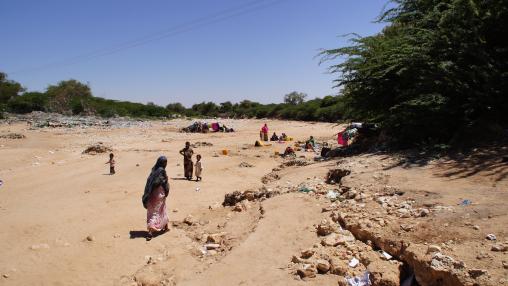
Climate and Economic Shocks Threaten Food Security in Horn of Africa
Since October 2020, the eastern Horn of Africa has experienced persistent extreme drought, According to a recent report released by FEWS Net. Extremely dry weather in October-December 2020, March-May 2021, and October-December 2021 has resulted in significantly reduced agricultural and livestock production. For example, in Somalia, the 2021 “Deyr” cereal harvest is expected to be as much as 70 percent below the 10-year average. The region has not experienced three consecutive dry seasons since the 1980s, and the trend has put food security at serious risk.
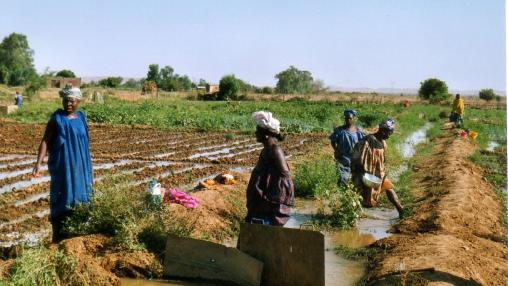
Climate Change and Household Food Access: The Case of Senegal
Throughout the Sahel region of West Africa, the majority of crops and livestock are produced during one main rainy season. Any disruptions to this season—like those caused, for example, by climate change-induced drought—can have significant negative impacts on incomes, food availability, and food security for both producers and consumers. A new article in Global Food Security examines these impacts at the household level in Senegal.
[COP26 Side Event] Taking Action for a Brighter Future
About the event
Research and innovation in food, land and water systems are crucial elements of the efforts needed to achieve global climate goals. This side-event, hosted by CGIAR with ICARDA and the African Development Bank (AfDB), will outline demand-side perspectives on the challenges and opportunities for climate adaption in these interlinked systems, and present innovative solutions at different geopolitical levels. Panelists from a wide range of backgrounds will weigh in on the solutions presented in an engaging “talk show”-format discussion.
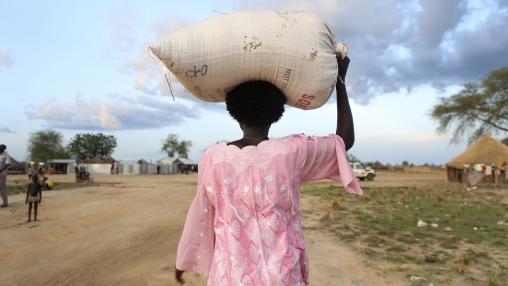
Acute Hunger Continues to Rise Globally: Global Report on Food Crises Mid-Year Update Released
Alarming levels of hunger and food insecurity are on the rise across the globe. According to the September 2021 mid-year update to the 2021 Global Report on Food Crises (GRFC), an estimated 161 million people in 42 countries/territories have faced Crisis-level (IPC/CH Phase 3) food insecurity or higher. This number is up from the estimated 155 million acutely food-insecure people reported by the GRFC for 2020.
Developing Resilience to Climate Change and Achieving Food Security in West Africa: Follow up Action from the UN Food Systems Summit
Organized by IFPRI and WASCAL, this collaborative seminar will address issues, constraints, and challenges to developing resilience to climate change and achieving food security in West Africa.
Funding Food System Transformation in Developing Countries: An example from Ethiopia
As countries develop national plans for food systems transformation, serious efforts are needed to mobilize the financial resources for design, implementation, and M&E. Ethiopia’s national plan, developed through Ethiopia’s UNFSS process, offers a valuable example of the evidence-based plans, investments, and activities that will require funding. This case will inform discussion of CGIAR work, developed for the UNFSS, on potential sources of funding for food system transformation activities.
African Green Revolution Forum (AGRF) - Pathways to Recovery and Resilient Food Systems
IFPRI is participating in the African Green Revolution Forum 2021 (AGRF).
The AGRF 2021 Summit is a defining moment in highlighting and unlocking the political, policy, and financial commitments and innovations the continent has made and that it continues to work towards achieving. It is about advancing the commitments made at the Malabo Heads of State Summit and working hard to achieve the Sustainable Development Goals.
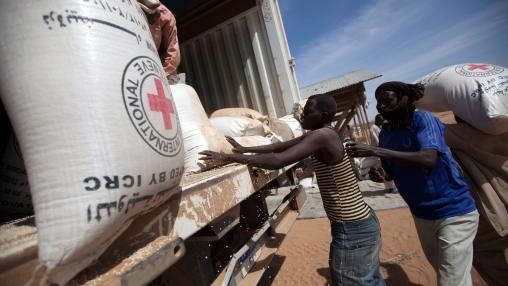
Ethiopia and Madagascar are world's newest food security hotspots, says new report from FAO and WFP
Food security is expected to further deteriorate in 23 countries already facing food crises, according to a new report from FAO and WFP. These worsening conditions come as countries and regions are reeling from the effects of the COVID-19 pandemic and struggling to address conflict, climate change, and economic downturn.
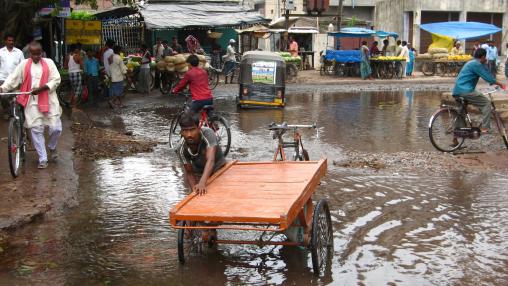
The world is not on track to end hunger: 2021 SOFI report released
Our window of opportunity for achieving SDG 2 — eradicating hunger and malnutrition and ensuring access to safe, nutritious, and sufficient food for all by 2030 — is closing rapidly. However, far from moving closer to that goal, the world has seen a resurgence of hunger and food insecurity.

Acute Food Insecurity Spreads Across Africa: 2021 Global Report on Food Crises
The number of people around the world facing severe food insecurity skyrocketed by 20 million in 2020, according to the 2021 Global Report on Food Crises, released earlier this month. Acute food insecurity now affects at least 155 million people across 55 countries/territories, with some regions facing famine-level hunger.